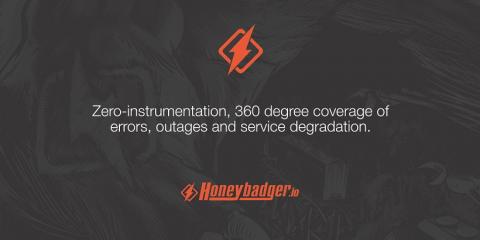Systems | Development | Analytics | API | Testing
Blog
What Is MySQL API?
Declaring check-ins in PHP/Laravel config
Kubernetes Gateway API: an Engineering Perspective
Understanding Dreamfactory's Docker and Kubernetes Pricing Model
Make your React-based applications collaborative using our new Spaces Hooks and starter kits
We are excited to announce that the Ably Spaces SDK now includes support for React Hooks. This means that developers can integrate collaborative features into their React-based applications in an efficient and idiomatic way. To help you quickly get started we have created a set of React-based starter kits for the four key collaborative features supported within the Spaces SDK - jump to these now!
How to Integrate Salesforce Apex with Other Applications
Introducing Sauce Connect 5.0 - Now in Public Beta!
A Beginner's Guide to Java Stack Traces
As a Java developer, you'll frequently encounter stack traces in your work. By default, these stack traces are displayed on the console when unhandled exceptions occur. However, it's essential not to merely have a superficial understanding of what stack traces are and how to utilize them. This article aims to provide a comprehensive explanation. A call stack is often defined as the current stack of operations or a representation of the ongoing program flow.
Troubleshooting PHP Segmentation Faults: Effective Debugging Tips
PHP, one of the world's most popular server-side scripting languages, powers a significant portion of the internet's dynamic web applications. While PHP is renowned for its flexibility and ease of use, it is not immune to the challenges that come with complex software development. One such challenge is the occurrence of segmentation faults, elusive errors that can leave developers scratching their heads in frustration.











